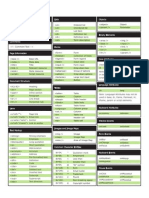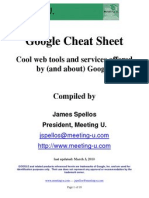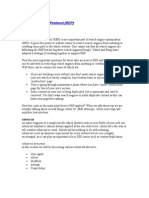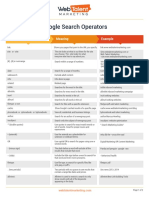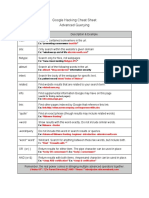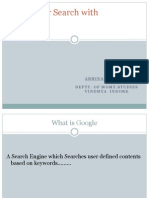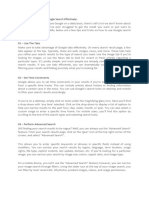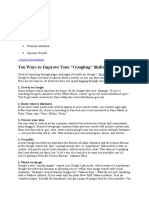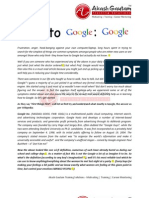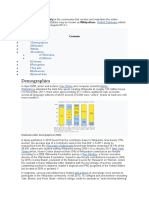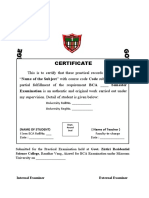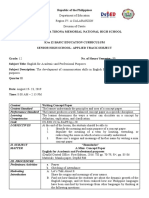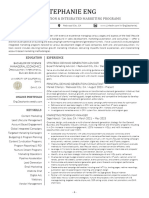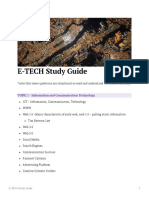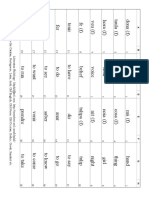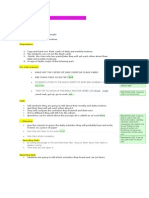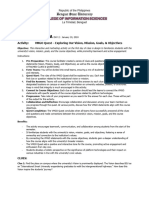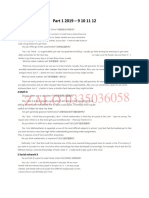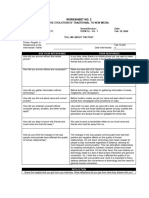0% found this document useful (0 votes)
798 views11 pagesA Guide To Effective Google Searching: For Beginners
This document provides guidance on effective Google searching. It discusses Google's inconsistent search features and results, which can vary based on location, browser used, and other factors. The document then covers recent Google developments like personalization, localization, and semantic search. It provides tips for advanced searches using quotes, plus/minus signs, and other operators. Finally, it lists additional Google products and services as well as selected search commands.
Uploaded by
KiranDevCopyright
© © All Rights Reserved
We take content rights seriously. If you suspect this is your content, claim it here.
Available Formats
Download as PDF, TXT or read online on Scribd
0% found this document useful (0 votes)
798 views11 pagesA Guide To Effective Google Searching: For Beginners
This document provides guidance on effective Google searching. It discusses Google's inconsistent search features and results, which can vary based on location, browser used, and other factors. The document then covers recent Google developments like personalization, localization, and semantic search. It provides tips for advanced searches using quotes, plus/minus signs, and other operators. Finally, it lists additional Google products and services as well as selected search commands.
Uploaded by
KiranDevCopyright
© © All Rights Reserved
We take content rights seriously. If you suspect this is your content, claim it here.
Available Formats
Download as PDF, TXT or read online on Scribd
/ 11





